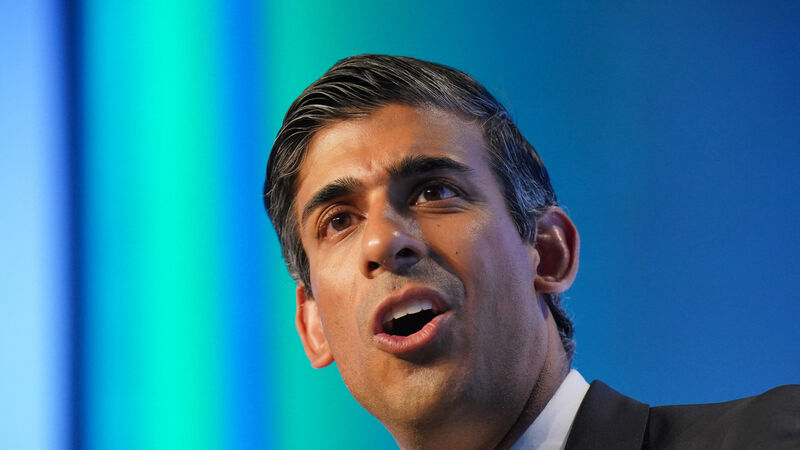Jim Power: Next British leader facing myriad economic challenges

Rishi Sunak, the former chancellor, is one of the early front runners to succeed Boris Johnson as prime minister of Britain.
After leading the Tory party to a huge majority in the 2019 general election, Boris Johnson is about to exit stage left . Naturally, speculation is now mounting about his possible successor as leader.
Rishi Sunak is currently a front runner with the bookmakers, but Penny Mordaunt, Liz Truss, and Sajid Javid are also among the favourites. Of course, anything can happen over the coming weeks, particularly in a party that is currently so divided and in such a state of turmoil.












